The Wounds Are the Witness
By Yolanda Pierce (Broadleaf Books, 2024)
The concepts of healing, wholeness, and justice have practically been commodified these days. Sometimes they are even denigrated. However, our society and world remain in real need of all three. But to get there, we have to acknowledge the wounds that are hurting us. A shining example of this is the experience and faith of Black people. In The Wounds Are the Witness: Black Faith Weaving Memory into Justice and Healing, theologian Yolanda Pierce adeptly speaks to this.
In soul-stirring prose, rooting her work in womanist theology, Pierce tells the story of how the Black faith tradition has sustained the Black community through the wounds it endured. This is a faith in an ever-present, radically inclusive God, who is interested in every human being, especially those harmed by oppression. God heals the wounds left by that oppression and makes the wounded whole.
Pierce demonstrates how acknowledging the wounds, in the context of this faith, is a source of healing not just for communities but for individual lives as well. Through her personal narratives, she shows that individual and community are intertwined; when one is harmed, all are harmed. In turn, when wholeness occurs, it is not in abstract “community” but in the lives of real individuals. Her hopeful reminder that “trouble don’t last always” offers words to turn to in tough times. Pierce presents a deep, fulfilling tradition that remains central to my personal heritage.
The Wounds Are the Witness is more than just a worthwhile read. It is worth reading again and again. Pierce’s words provide a balm for the wounded soul and a concrete blueprint for how to manage troubling times, both as a community and as an individual.
—Rana Irby
Sound Museum
By poupeh missaghi (Coffee House Press, 2024)
What is it like to be immersed in something but have no knowledge of it? It calls to mind the adage that “fish are not aware they’re in water.” This is what it is like to be part of an oppressive nation-state, as detailed in poupeh missaghi’s novel Sound Museum. State violence is a guarantee, but it is also kept away from the public eye and repackaged or even subsumed into the cultural zeitgeist.
Structured as a monologue, the novel follows a museum curator as she vividly describes a first-of-its-kind institution: a museum dedicated to sound. But not any kind of sound: The museum curates the audio recordings generated from victims of torture in prisons and interrogations.
What stands out in this book is missaghi’s expert illustration of how coercion and violence erode even the best sensibilities. The prose traces the knots the curator has tied in her mind that have enabled her to accept the ingrained patriarchy of her country and governance and the public perception of her work as a torturer. It reminds us that the most intelligent and empathetic person can still make anything a foregone conclusion if given permission and conditioning.
The narrator describes the evolution of the Sound Museum, tracing its genesis and final emergence as more than a concept through detailed case studies, archives, philosophy, and intimate reflections. Nothing is spared; missaghi references everything from the abuses and suffering at Abu Ghraib to the work of Pulitzer Prize winners.
With a masterful command of language, missaghi offers a clear-eyed view of the fictions that protect both the curator’s country and the West and which present violence as an immutable accepted fact. Far from a comforting work, Sound Museum invites us to ask if our way of life is worth the cost.
—Alexander Pyles
Briefly noted:
Sacred Times
By Paul Turner (Liturgical Press)
Providing commentary on the General Roman Calendar and the Table of Liturgical Days, Turner guides readers through how these important days came to be and why they matter.
Read the Bible Like a Mystic
By Carl McColman (Broadleaf Books)
Contemplative wisdom offers a new way to engage with the Bible, as McColman reminds readers of the mystic relationship all can have with scripture.
Boy Jesus: Growing Up Judean in Turbulent Times
By Joan Taylor (Zondervan Academic)
An authority on the history and literature of the first century C.E., Taylor reexamines the world in which Jesus grew up, from his birth to his coming of age and beyond.
This article also appears in the April 2025 issue of U.S. Catholic (Vol. 90, No. 4, page 39). Click here to subscribe to the magazine.


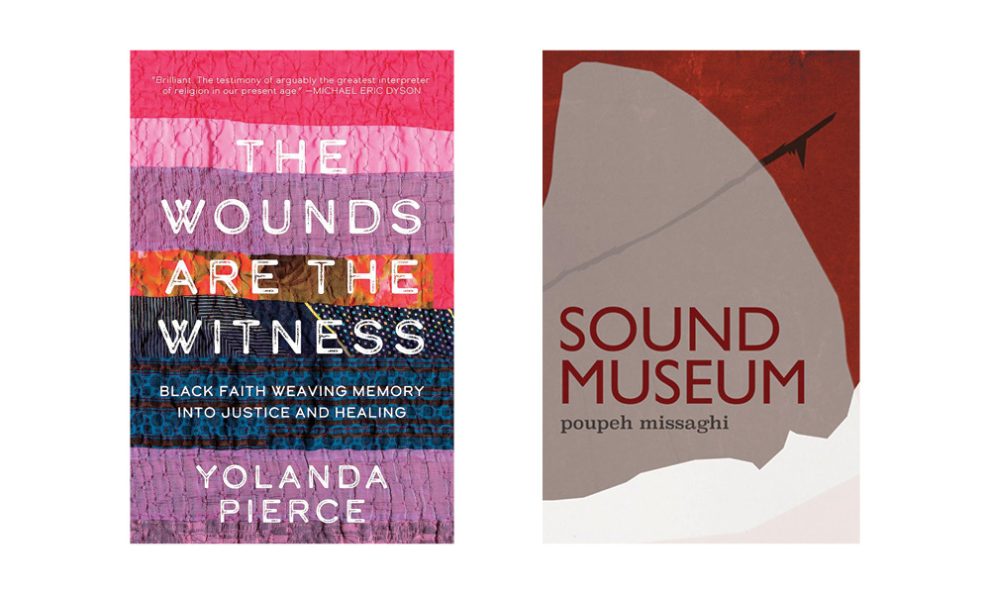
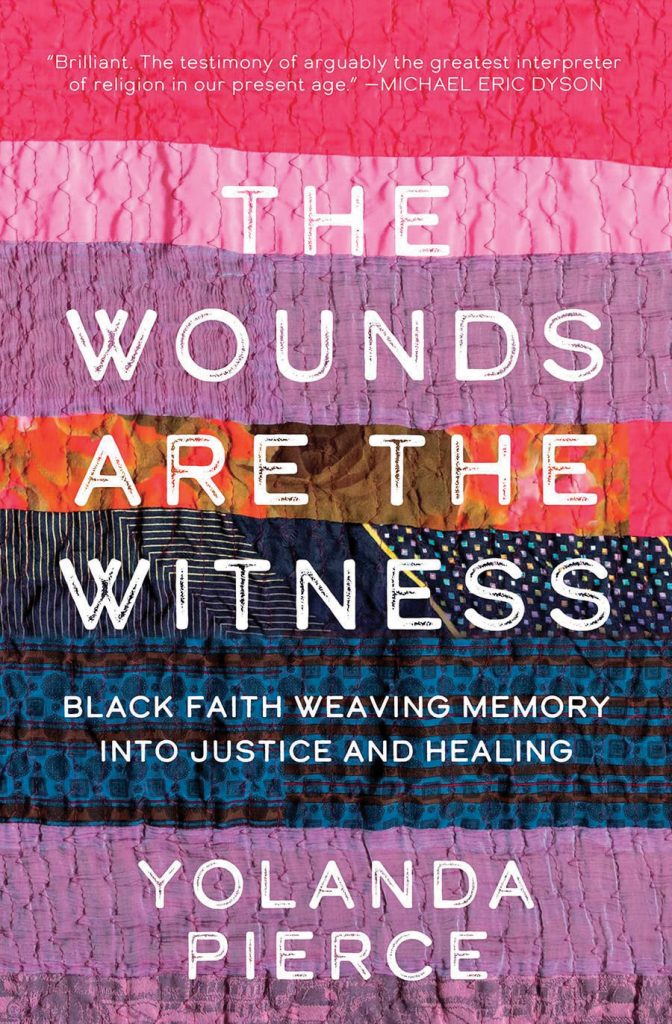

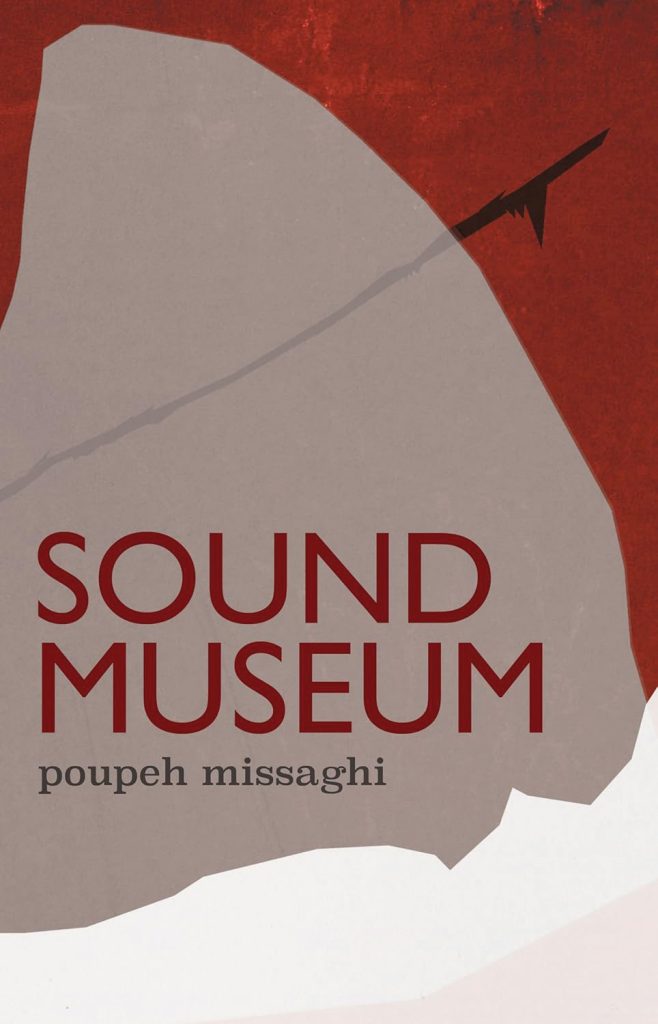

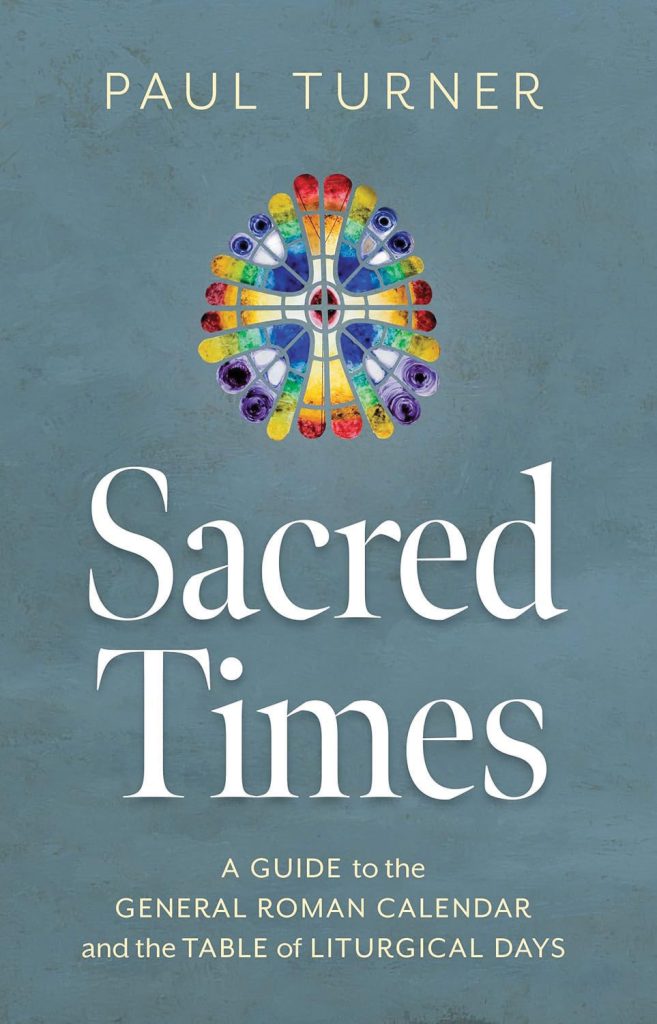
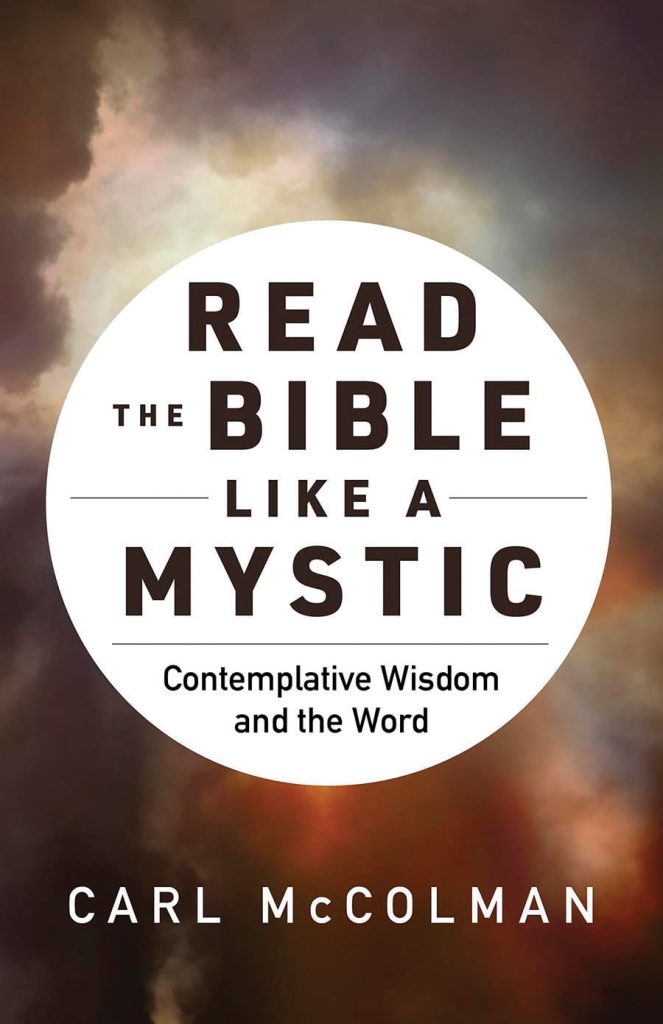
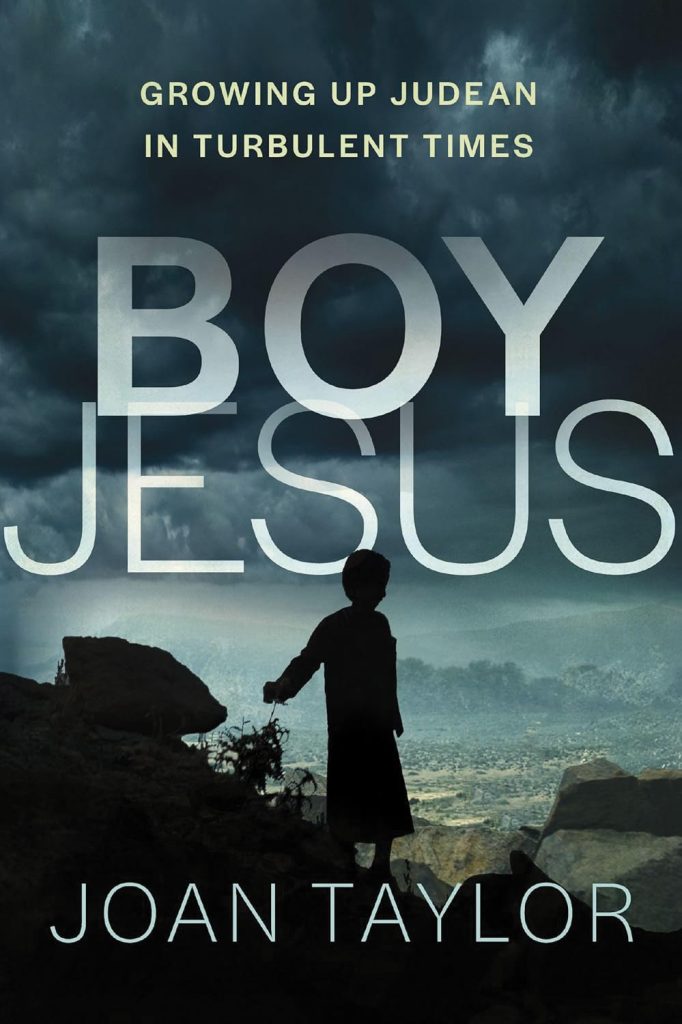











Add comment